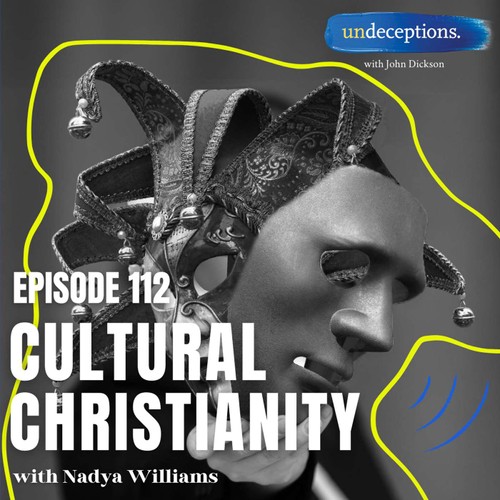
 Undeceptions with John Dickson
Undeceptions with John Dickson 112. Cultural Christianity
Nov 12, 2023
Nadia Williams, an expert in ancient history and author, takes listeners on a journey through the challenges faced by early Christians. She uncovers the relatable flaws and virtues of these historical figures. Topics include cultural Christianity's roots in the American South, the trials of early believers in a pagan society, and the tension between faith and political power. Williams also highlights the resilience shown during crises, such as the plague, shedding light on how these ancient struggles resonate with contemporary issues.
Chapters
Books
Transcript
Episode notes
1 2 3 4 5 6 7 8
Intro
00:00 • 3min
Cultural Christianity and Early Christian Trials
03:27 • 12min
Navigating Early Christian Beliefs and Cultural Pressures
15:24 • 5min
Corinth: A Nexus of Culture and Faith
20:08 • 19min
Cultural Christianity and Compassion Amidst the Plague
38:58 • 6min
Christian Nationalism and Cultural Christianity
44:31 • 12min
Faith and Power: Eusebius vs. Augustine
56:03 • 16min
Inviting Deeper Engagement with Undeceptions Plus
01:11:49 • 2min






